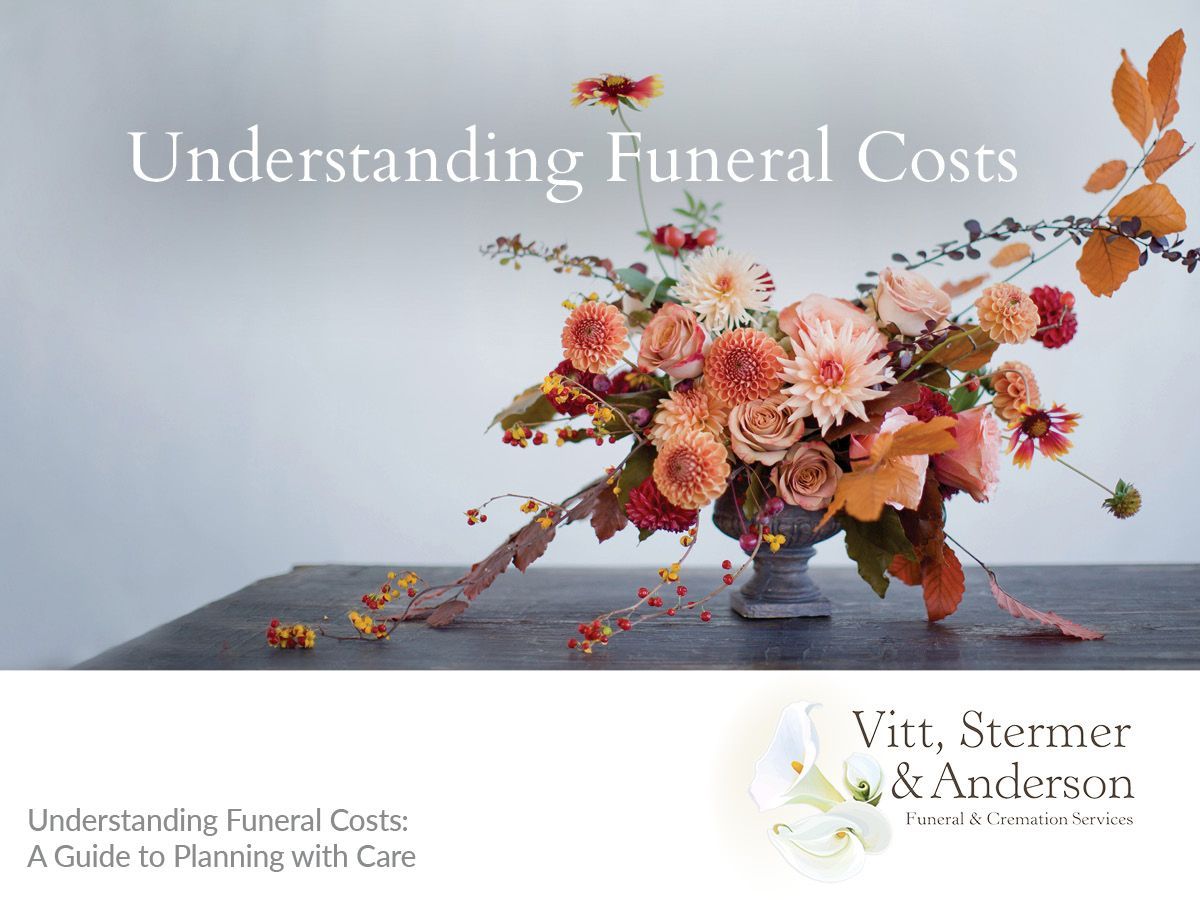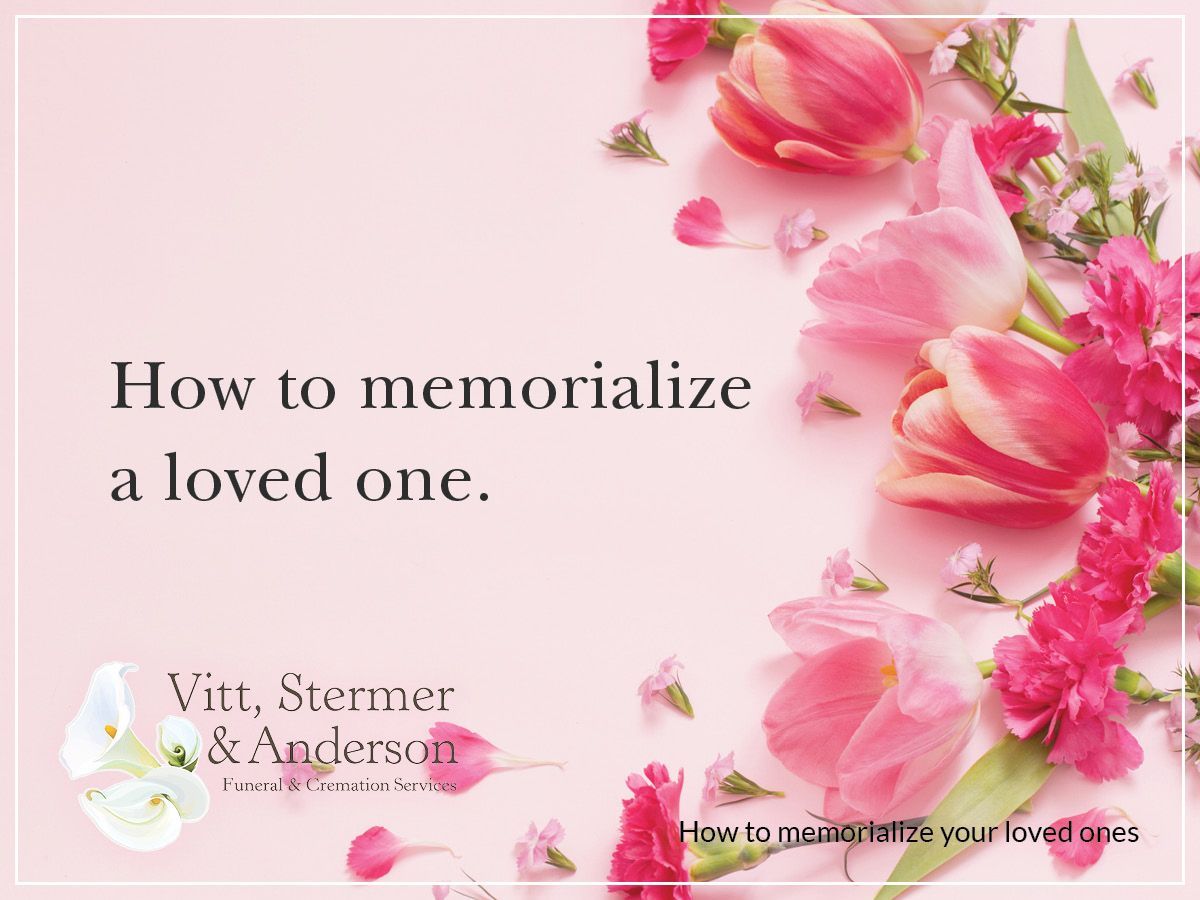Communication Tips When a Loved One Passes
Telling someone that a loved one died is never easy. It’s a moment that they will remember for a long time, so it’s essential to be gentle, plain, and careful. If you’re left with the task of breaking this difficult news to family and friends, here are a few things to keep in mind.
5 Communication Tips to Use After a Loved One Has Died
1. Don’t text or email immediate family or close friends.
Although it can be incredibly hard to tell family over and over again that someone you all loved has passed on, resist the urge to tell them through text or email. When someone dies, the first people who should be alerted should be immediate family and close friends. And each of these people deserves to hear the news through a more personal medium like a phone call.
Getting a text with news that a loved one has died can mean that they’re not prepared for the news. They may look at their phone during a time when they’re occupied with other things, suddenly throwing them into turmoil while they can’t do anything about it. Sending a text or email can be acceptable for follow-up information, such as where the funeral will be held, but the first time they hear the news should be from your voice. Make a list of the people who should get a phone call and check them off as you go so no one is accidentally missed. You may think you know who to call, but someone may slip your mind while you’re in mourning yourself.
2. Before giving the news, alert who you’re calling that they’re going to hear something upsetting.
When you call someone out of the blue with the information that a loved one has passed on, the person you’re calling may be simply going about their day. They’re likely not prepared to hear something so upsetting. Before you tell them the news, ask them where they are and tell them to try to find a private space. That way, they can react openly without feeling uncomfortable about grieving publicly or feeling like they have to hide how they feel to keep up appearances. If they ask why they have to find a private place, warn them that you have some difficult news. But they may be able to tell just by your voice that they will hear something upsetting.
3. Tell them in plain, simple language what happened.
Talking about death can feel uncomfortable. And, by our nature, we don’t want to upset people. So you may feel inclined to talk around the subject rather than facing what happened head-on. Resist the urge to start talking about something else entirely. If you start talking about more pleasant topics, the person you’re calling may begin to think that there’s no sad news after all, making them feel all the more blindsided when you do deliver the information.
After they’re in a safe, private space, tell them plainly that their loved one died. To soften the announcement, you may feel inclined to use more gentle language, such as “They didn’t make it” or “They passed on.” But that can cause some confusion. The person on the other end will likely ask for clarification as they try to process the news, so it’s best to be upfront and direct.
Don’t overwhelm them with further explanations. While we try to come to terms with the information, we’re not able to take in much else. When some people hear the news that a loved one died, they may not be able to hear anything else at all. So wait for their response after you tell them the bad news. If they ask what happened, explain in as simple of terms as you can.
4. For extended family and acquaintances, social media is okay to use.
Your loved one likely had a lot of people in their life beyond their immediate family and friends, like colleagues and distant relatives. But for people they weren’t very close with who may still want to attend the funeral, social media can be the best way to let them know what happened. Consider sharing the obituary you’ll post on the funeral home website. You may want to write more, but an obituary is enough if you’re struggling to find the right words to say. What matters most is that people have the time and location of the funeral service. You can also ask other close family and friends to share the obituary, especially if you’re concerned that you may not be in contact with everyone you need to reach on social media.
5. Remember to take time for yourself too.
If you’re the one who is taking on contacting family and friends about your loved one’s death, remember that you lost someone too. You may worry about how you’re alerting people, but you need to give yourself room to grieve too. If it gets too overwhelming to have to keep making calls, consider asking someone to help you or take a break to be with your own immediate loved ones.
When you’re tasked with telling people about a loved one’s passing, remember that you’re in grief yourself, and the person you’re speaking to is about to experience that grief as well. There’s no way to make hearing this news not painful, but you can help them navigate the new information by giving them the space to react and not overwhelming them with too much at once. But don’t forget to give yourself room to mourn on your own how and when you need. Your own care should remain a priority, even while you’re worried about caring for others.












